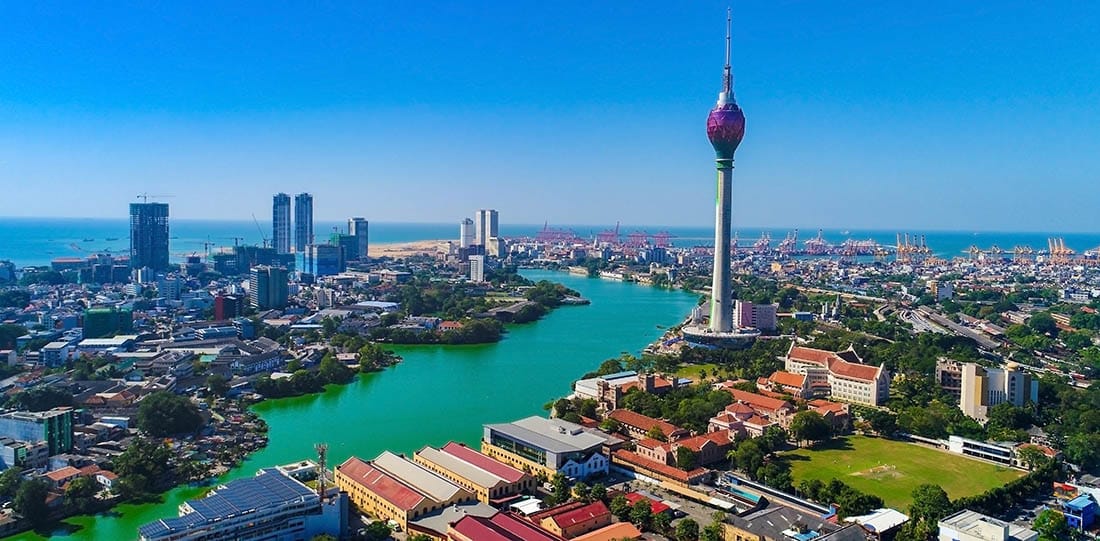
Regulatory unpredictability, bureaucratic hurdles, and selective transparency continue to limit broader participation of US firms in Sri Lanka, despite interest in ICT, energy, aviation, and defence, according to a new US Department of State report.
The report said Sri Lanka’s institutional capacity to foster an open investment environment remains limited despite positive rhetoric. “Overall, investors report that doing business remains difficult, frequently citing concerns about project reversals, regulatory shifts, slow decision making, and inadequate support for established businesses,” it noted.
The Board of Investment (BOI), the principal promotion agency, has struggled to act as a “one-stop shop” due to fragmented authority across government departments, leading to lengthy approval processes. Investors also report difficulty in maintaining consistent and open dialogue with the BOI, the report said.
The Department of State’s annual Investment Climate Statements cover more than 170 countries and guide US companies on overseas opportunities. For Sri Lanka, the report underscores the need for structural reforms in trade facilitation, digitization, and governance.
Key impediments include unnecessary regulations, legal uncertainty, and poor bureaucratic responsiveness. The stalled privatization of state-owned enterprises, particularly the Ceylon Electricity Board, has hindered cost-effective energy development. Foreign investors also point to high transaction costs, opaque procurement, and unpredictable policies, according to the report.
“The NPP government publicly promotes a desire for inward investment. In January 2025, President Dissanayake committed to finalizing a $3.7 billion Sinopec oil refinery project, the largest FDI project in Sri Lankan history, to be located adjacent to Chinese-controlled Hambantota International Port. In February 2025, however, Indian firm Adani Green Energy withdrew from a proposed $400 million, 484 MW Renewable Energy Wind Farm project in northern Sri Lanka, citing Sri Lankan government efforts to renegotiate a previously awarded contract,” the report said.
The report stresses that many potential investors remain reluctant to do business in Sri Lanka due to these mixed signals. Senior officials’ public criticism of private sector-led growth, coupled with a preference for state-owned collectivism, has further reinforced investor caution. (Newswire)
